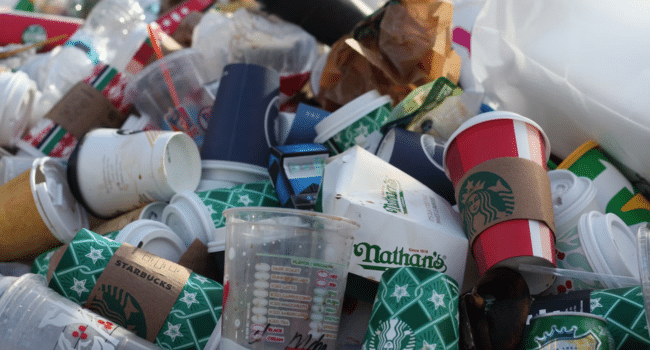Table of Contents
Tourism is a significant economic driver for many destinations worldwide, but it also brings challenges, particularly in managing waste effectively. This article explores the complexities of waste management in tourism destinations, highlighting strategies to minimize environmental impact while maintaining a positive visitor experience. For more information on waste management services be sure to visit WM Waste Management Services.
The Challenge of Waste Management in Tourism
Tourism generates substantial amounts of waste, including packaging, food waste, and disposable items such as bottles and utensils. Popular tourist spots often face challenges in handling this waste due to seasonal spikes in visitor numbers and inadequate infrastructure. Improper waste disposal can harm natural habitats, pollute waterways, and detract from the beauty that attracts tourists in the first place.
Sustainable Practices in Waste Management
1. Waste Segregation and Recycling Initiatives
- Implementing effective waste segregation programs is crucial. Separating recyclables from general waste not only reduces landfill waste but also conserves resources. Destinations can partner with local recycling facilities or adopt innovative technologies for sorting and processing recyclable materials.
2. Reducing Single-Use Plastics
- Many tourism destinations are taking steps to reduce single-use plastics. This includes banning plastic bags, straws, and containers, and promoting alternatives like reusable bags and refillable water bottles. Education campaigns can help raise awareness among tourists and encourage sustainable behavior.
3. Collaboration with Hospitality Sector
- Engaging hotels, resorts, and restaurants in waste-reduction efforts is essential. Establishing guidelines for waste management practices, encouraging composting of organic waste, and incentivizing sustainable practices can make a significant impact.
Innovative Technologies and Solutions
1. Smart Bins and IoT Sensors
- Smart waste management systems equipped with IoT sensors can optimize waste collection routes based on real-time data. These systems monitor bin fill levels, detect overflow situations, and help authorities allocate resources more efficiently.
2. Waste-to-Energy Technologies
- To turn organic waste into renewable energy, some tourist locations are investigating waste-to-energy technology. This practice not only mitigates landfill waste but also enhances local energy provision and fosters sustainability.
Community Engagement and Education
1. Tourist Education Programs
- Educating tourists about responsible waste disposal practices is crucial. Providing information through signage, visitor guides, and online platforms helps raise awareness and encourages tourists to participate in recycling and waste reduction efforts.
2. Involving Local Communities
- Engaging local communities in waste management initiatives fosters a sense of ownership and encourages sustainable practices beyond tourism. Community-led clean-up drives, recycling workshops, and school programs can instill long-term environmental stewardship.
Case Studies and Success Stories
1. Bali, Indonesia
- Bali has implemented various waste management initiatives, including beach clean-ups, plastic waste reduction campaigns, and partnerships with local businesses to promote eco-friendly practices. These efforts have helped mitigate environmental degradation caused by tourism.
2. Norway
- The fjord tourist sector in Norway places a strong emphasis on environmentally friendly methods, like comprehensive recycling initiatives and zero-waste cruise rules. Carbon emissions and waste-to-energy facility investments have also helped to lower landfill waste.
Conclusion
Managing waste in tourism destinations requires a coordinated effort involving government agencies, local communities, businesses, and tourists themselves. By adopting sustainable practices, leveraging innovative technologies, and promoting education and community engagement, destinations can effectively manage waste while preserving their natural beauty and cultural heritage. Sustainable waste management not only benefits the environment but also enhances the overall visitor experience, ensuring that tourism remains a positive force for economic development and environmental conservation. Adopting these practices ensures that tourism destinations can continue to thrive while protecting their natural resources for future generations to enjoy.
Read More on KulFiy
8 Popular Destionations In Asia!
An Idyllic Honeymoon Experience on Islands with Bluewater Ferry
Top honeymoon destinations in the world
